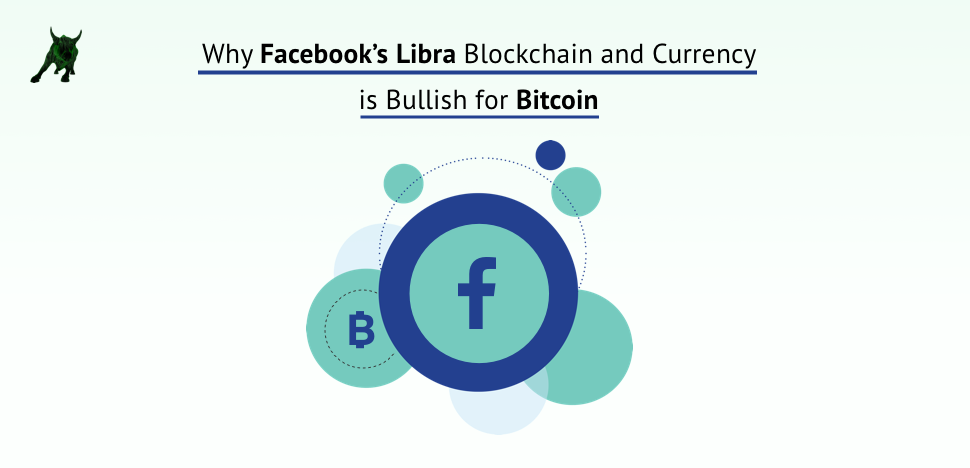Facebook today revealed details on its much anticipated digital currency and blockchain project, termed Libra, which is expected to launch in the first half of 2020.
Given Facebook’s massive reach and how the project is backed by several FinTech and investment companies, including Mastercard, Uber, PayPal, and Andreessen Horowitz, many wondered whether Libra would compete against Bitcoin, but we believe traditional banks have more cause for concern than traditional cryptocurrencies.
Firstly, the Libra Blockchain is not truly decentralized or permissionless like Bitcoin – this means only a selected number of validators will be auditing the blockchain and users will have to trust them.
Secondly, the Libra Currency is not ‘just another stablecoin’ – the whitepaper mentions the creation of a reserve, which will consist of various assets, including bank deposits and government securities, and will provide the underlying value for the currency. This means Libra Currency will not have a peg or a fixed value and will fluctuate in its exchange rate, just like any other currency.
Interestingly, Facebook highlights that the underlying assets will include securities from stable and reputable central banks – which possibly hints at the creation of a new kind of global reserve, which will make Libra Currency more of a competition for local fiat currencies and banks rather than Bitcoin.
Libra Currency Could be Icebreaker for Bitcoin
Given Facebook’s plans for Libra, it appears that the tech giant is making a bold move towards creating a frictionless economy at a global level, where it would override the financial supremacy of governments and the sway held by banks. Its goal is similar to what Bitcoin aims to achieve, but even if Facebook succeeds in its vision, we would simply be moving from an economy centralized by governments and banks to one centralized by large tech companies.
The need for decentralization and its associated freedoms and transparency will still be unmet, and Bitcoin is much more likely to fill that gap once Facebook facilitates the transition towards true digital payments and a global currency. In effect, Facebook’s project Libra may just serve as an icebreaker for Bitcoin’s eventual adoption around the world.
All said and done, it may just be traditional banks which will be left behind as archaic institutions disrupted by technological innovations, as tech companies and digital assets become both, stores of wealth and mediums of exchange.

